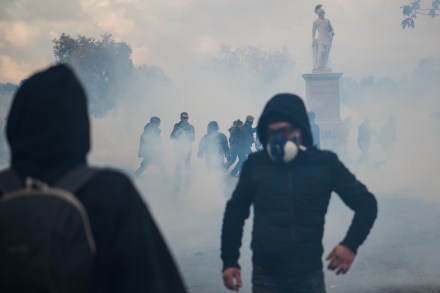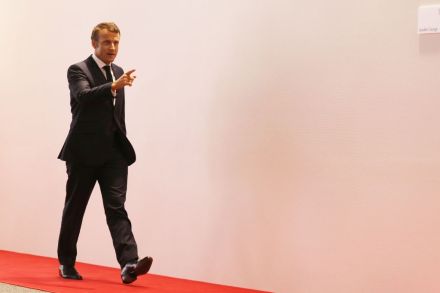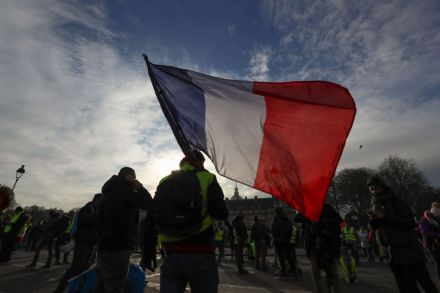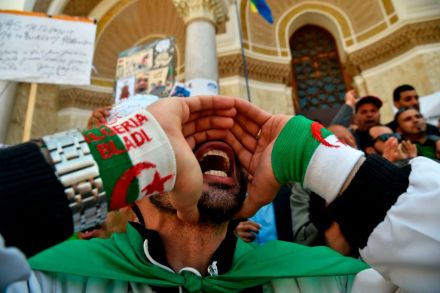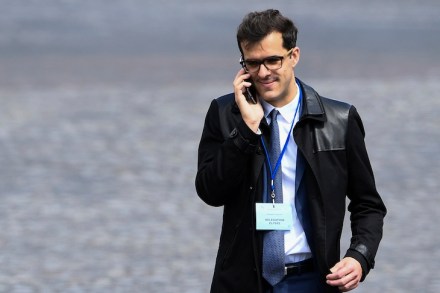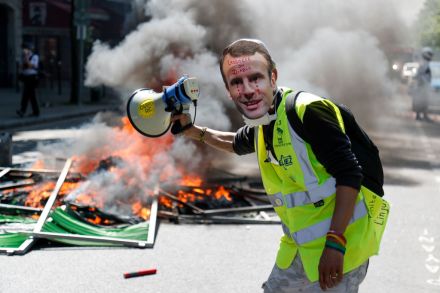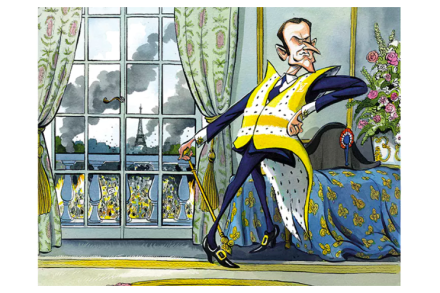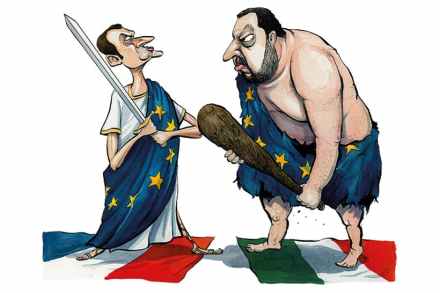Why is this French MEP pretending the country’s crippling strikes are over?
Watch Nathalie Loiseau, Emmanuel Macron’s Europe sherpa, simultaneously mislead and patronise Andrew Neil on his show last night. I assumed Neil would chew her up and spit her out. But on the night, it was even more bizarre: Asked by Neil if it was the time to take a hard line on Brexit negotiations, when Europe’s economy is already fragile after continuing labour unrest, Loiseau opted for brazen contempt for reality seasoned with special arrogance sauce. This is well known to those used to dealing with the high echelons of the French state. There are no more strikes in France, she declared, adding for good measure she was ‘surprised’ a journalist






